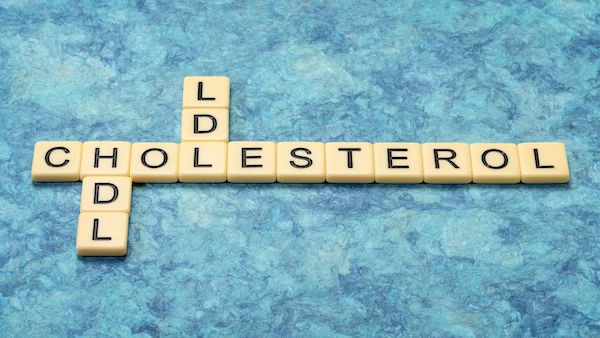- Male
- 27 Years
- 22/01/2025
Can having conditions like splenomegaly or GERD cause left axis deviation on an ECG even if there aren't any other abnormalities? My cardiologist mentioned that having LAD in my case is normal since there aren't any additional issues, but I'm worried. Should I be concerned about this?
Answered by 1 Apollo Doctors
Left axis deviation can be a normal finding in some people, if not accompanied by any other cardiac findings orbsymptoms. And it has nothing to do with gerd or spleenomegaly.
Dr. Kareemulla Suggests...
Consult a Cardiologist
Answered 04/07/2025
0
0

Ask Apollo
AI powered Health Chatbot
Your cardiologist's reassurance is important here. Left axis deviation (LAD) on an ECG can sometimes be a normal variant, especially if no other heart abnormalities are present.
Regarding your conditions:
- Splenomegaly (enlarged spleen) typically does not cause changes in the heart's electrical axis seen on an ECG.
- GERD (gastroesophageal reflux disease) also does not directly affect the heart's electrical conduction or cause LAD.
It's good that your cardiologist has evaluated your ECG in the context of your overall health and found no concerning issues. However, continue regular follow-ups as advised, and report any new symptoms like chest pain, palpitations, or shortness of breath.
In summary, based on current information, your splenomegaly and GERD are unlikely to be causing the LAD, and if no other heart problems are detected, this finding alone is usually not worrisome.
Recommended next steps
Consult a Cardiologist
Answered 20/08/2025
0
0

More Cardiology Health Queries
View allI've been experiencing this odd sensation, like a bubble of air in my heart beat, since last Tuesday. I don't have any pain or tiredness, but it's concerning me. Should I be worried or get it checked out? What could this be?
Feeling like air bubbles in your heartbeat could be due to palpitations. It is important to monitor your symptoms and consult a doctor for proper evaluation. In the meantime, you can try taking Tab Metoprolol 25mg once daily to help with any irregular heartbeats.
Answered by 1 Apollo Doctors
I've noticed my heart rate usually stays between 80 to 92. Should I be worried about this, or is it normal? Just want to know if there's any concern with my heart.
Hi, Heart rate between 60 to 100 beats per minute is considered normal. A heart rate of 80 to 92 falls within this range and is generally not a cause for concern. However, if you are experiencing any other symptoms such as chest pain, shortness of breath, dizziness, or fainting, it is advisable to consult a healthcare professional for further evaluation.
Answered by 1 Apollo Doctors
I'm really worried because last year I had strong issues with acidity, anxiety, and headaches. I even got an ECG in June 2018, and everything was normal back then. But since January 2019, I've been experiencing these sudden strong heartbeats that feel like a thump in my chest, even when Im just walking around. It's really upsetting and makes me anxious for days, thinking about why it's happening. Lately, I cant sleep at night and sometimes feel really empty and lacking enthusiasm. I saw a cardiologist who prescribed me Inderal, but Im just trying to understand what could be causing all this. Any idea what's going on with me?
Inderal can help control your physical symptoms, and addressing underlying anxiety through therapy, relaxation techniques, and lifestyle changes should improve your overall well-being. If youre feeling stuck, consider discussing these issues further with your doctor or a mental health professional.
Answered by 1 Apollo Doctors
Disclaimer: Answers on Apollo 247 are not intended to replace your doctor advice. Always seek help of a professional doctor in case of an medical emergency or ailment.



_0.webp)
_4.webp)
